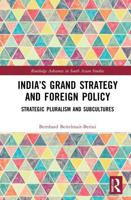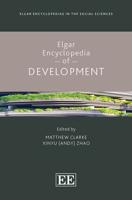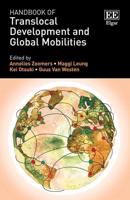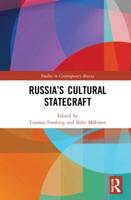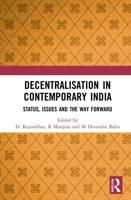Publisher's Synopsis
Latin America's diverse political and economic struggles and triumphs have captured the global imagination. The region has been a site of brutal dictators, revolutionary heroes, the Cold War struggle and as a place in which the global debt crisis has had some of its most lasting and devastating impacts. Latin America continues to undergo rapid transformation, demonstrating both inspirational change and frustrating continuities.
This text provides a comprehensive introduction to Latin American development in the twenty-first century, emphasizing political, economic, social, cultural and environmental dimensions of development. It considers key challenges facing the region and the diverse ways in which its people are responding, as well as providing analysis of the ways in which such challenges and responses can be theorized. This book also explores the region's historical trajectory, the implementation and rejection of the neoliberal model and the role played by diverse social movements. Relations of gender, class and race are considered, as well as the ways in which media and popular culture are forging new global imaginaries of the continent. The text also considers the increasing difficulties that Latin America faces in confronting climate change and environmental degradation.
This accessible text gives an overarching historical and geographical analysis of the region and critical analysis of recent developments. It is accompanied by a diverse range of critical historical and contemporary case studies from all parts of the continent, providing readers with the conceptual tools required to analyse theories on Latin American development. Each chapter ends with a summary section, discussion topics, suggestions for further reading, websites and media resources. This is an indispensable resource for scholars, students and practitioners.







